First UPS US delivery eBike debuts in Portland, Oregon
Green Car Congress
DECEMBER 7, 2016
This new electrically-assisted tricycle began delivering packages in Portland, Oregon, on 21 November 21. The eBike is equipped with battery-powered electric motors that makes it possible to cover further distances, carry substantial loads, and navigate hills and other terrain. UPS has introduced its first eBike in the US.








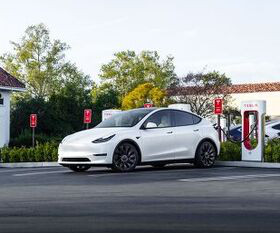
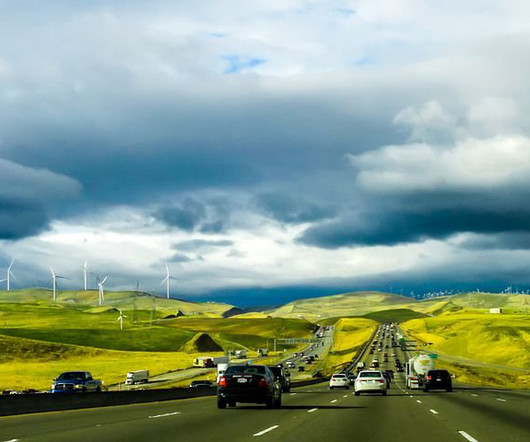

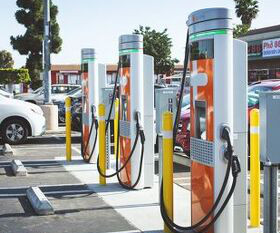
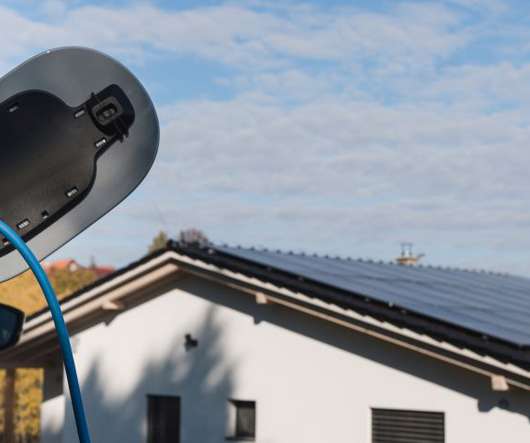






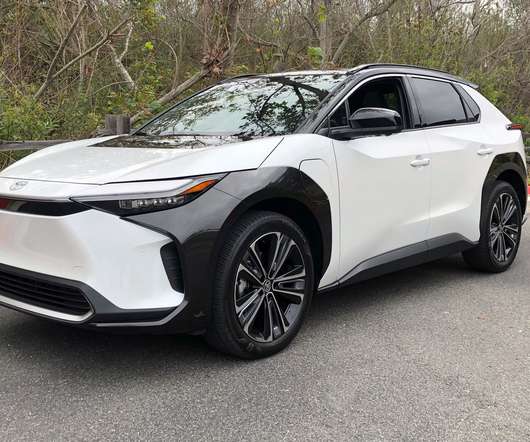
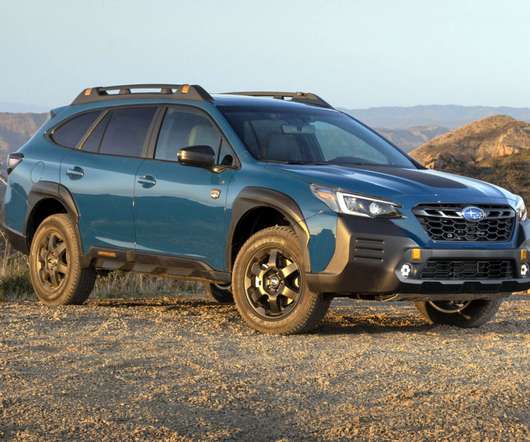
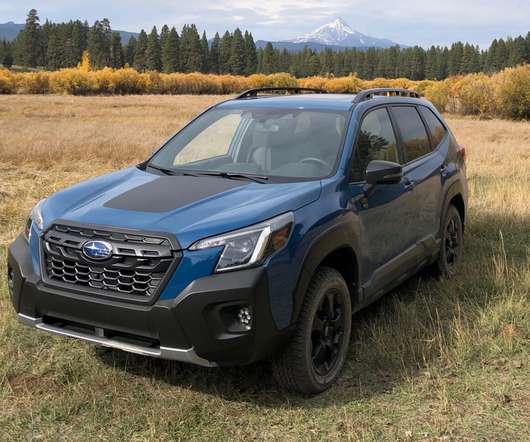







Let's personalize your content